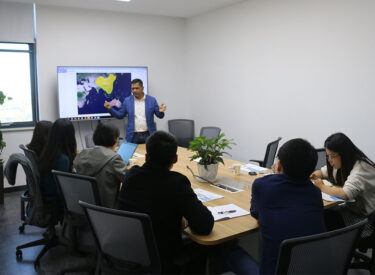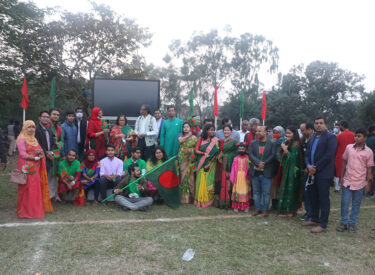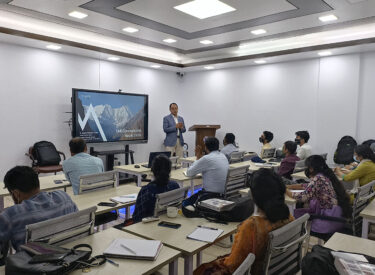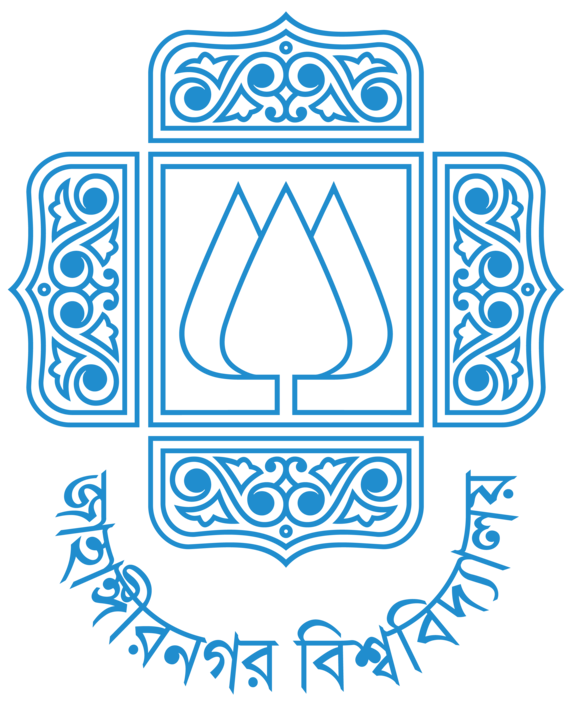Leadership Roles
Development of institution (Institute of Remote Sensing and GIS, JU)
The Institute of Remote Sensing and GIS is a newly developed Institute at Jahangirnagar University (Bangladesh) that offers postgraduate level Degrees such as Masters, MPhil and PhD. Dr Islam was given with a charge in 2017 to revive the Institute (received approvals in 1982 but not did come into operation) and he successfully established in Institute where 50 students are doing their Masters levels courses and two students are doing MPhil and PhD studies. Dr Islam had to develop strong partnerships with relevant government and international agencies to receive necessary endorsements and technical support (e.g., curriculum/syllabus development) in order to establish the Institute. Undertaking different actions such as convincing the approving authorities, prepare necessary legal/planning documents, partnership building with external agencies, commission joint research activities were some of the major actions that Dr Islam carried out while he acted as the Director of the Institute. He formally, joined the Institute, by leaving the Department of Geography and Environment in February 2021. It is important to note here that the fairly strong academic foothold, strong research and publishing records helped Dr Islam to develop partnerships and to convince authorities about the necessities of the Institute to launch for translating political mandates like ‘Digital Bangladesh’, later ‘Smart Bangladesh’ into reality within the contexts of digital revolution and Fourth Industrial revolution at global level.



Leading research projects
Dr Islam has led a number of small, larger research projects in areas of environment and society, disaster impact assessment and climate change aspects. He wrote a number of national reports, undertook EIA, SEA exercises, carried out impact evaluations to assess the appropriateness, efficiency, effectiveness, sustainability concerns of the projects implemented. The number of the projects where he acted as Team Leader and/or participated as researcher is more than 60 – some of the projects were undertaken for government agencies while a large number were conducted for international agencies, national NGOs. Undertaking of these research activities gave Dr Islam a good exposure to filed level challenges and opportunities to apply theoretical knowledge, science/data/models to address those challenges. Dr Islam thus was able to combine academic knowledge and methods with social and environmental problems situated in a local physical, cultural, ecological and economic settings.
